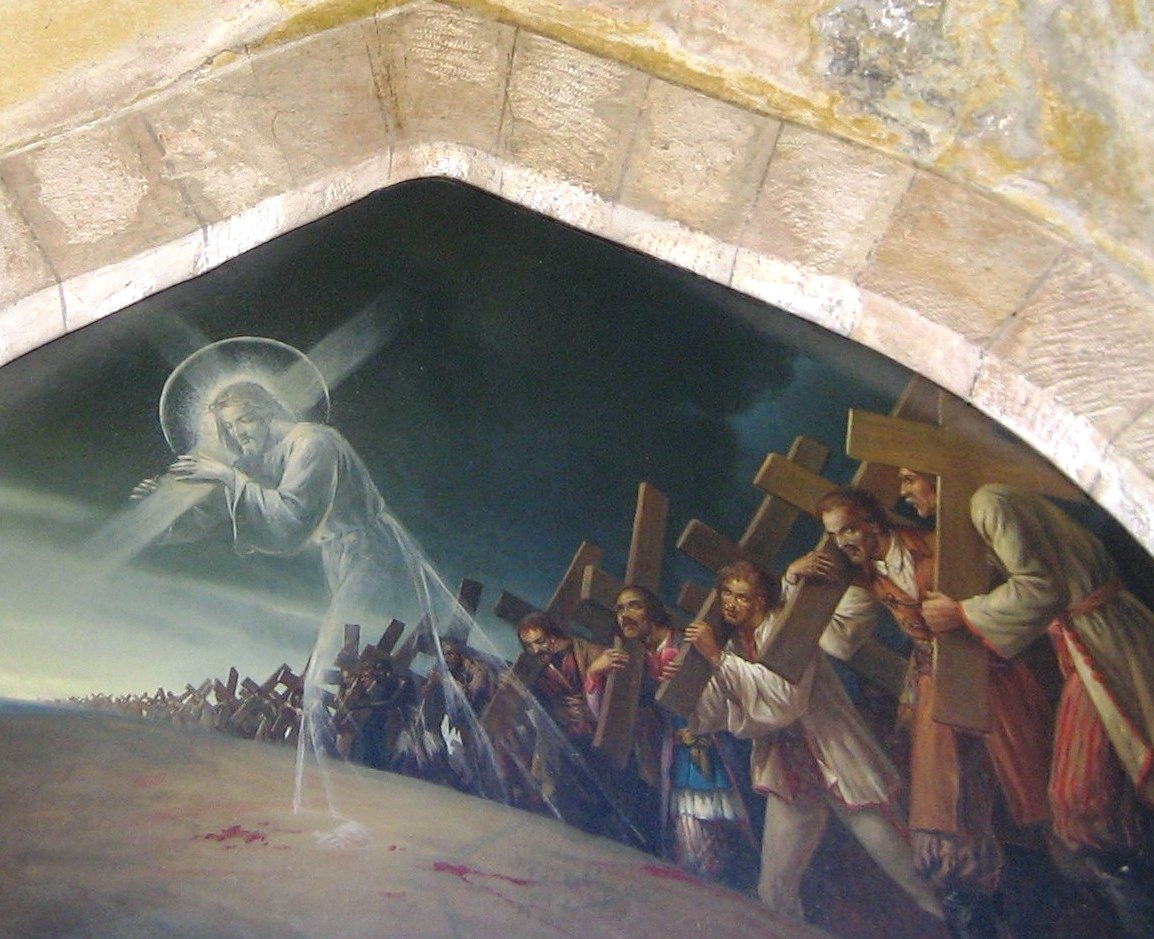Evangelical Essentials (Part Ten)
But you are a chosen generation, a royal priesthood, a holy nation, His own special people, that you may proclaim the praises of Him who called you out of darkness into His marvelous light; who once were not a people but are now the people of God, who had not obtained mercy but now have obtained mercy.
1 Peter 2:9-10 (NKJV)
From living lives of hostility and enmity towards God, Christians have been transformed by the Holy Spirit into ministers who bring the healing and grace of Christ to the least, lost, and the lonely of our world.
The ministerial priesthood is called to serve, nourish, sustain, and guide the priesthood of all believers. The believer’s priesthood is a call to be Christ in the secular workplaces of the world. Men are not ordained into the ministerial priesthood in order to remove the priesthood away from the people of God, but to encourage, empower, and equip the priestly people of God for their work in the world.
This doctrine of the priesthood of “all†believers is not the doctrine of the priesthood of “the†believer. In other words, every believer has a ministry, but that ministry is to be conducted in community while being accountable to church leadership and submitted to the direction and tradition of the historic church. This personal ministry of me and my Bible with God telling me, and me alone, the only correct interpretation of the meaning of Scripture is not the priesthood of all believers. Two priesthoods, ministerial and believers, serve the one Christ for the purpose of reaching the world for Christ.
The New Testament concept of the pastor is not of a person who jealously guards all ministry in his own hands, and successfully squashes all lay initiatives, but of one who helps and encourages all God’s people to discover, develop and exercise their gifts. His teaching and training are directed to this end, to enable the people of God to be a servant people, ministering actively but humbly according to their gifts in a world of alienation and pain. Thus, instead of monopolizing all ministry himself, he actually multiplies ministries.
John Stott, The Message of Ephesians (The Bible Speaks Today series: Leicester: IVP, 1979), 167.







